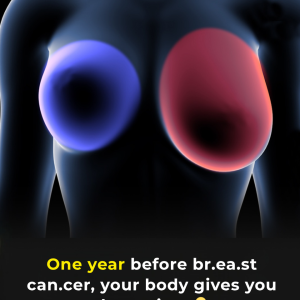
Water weight refers to the temporary buildup of fluid in the body’s tissues, often leading to bloating and puffiness in areas like the abdomen, arms, and legs.
While it’s normal for body weight to fluctuate slightly during the day, a sudden gain of up to five pounds in water weight can feel uncomfortable and raise concern. Fortunately, understanding its causes is the first step in managing it effectively.
What Causes Water Retention?
Water retention, also known as edema, occurs when the body holds onto excess fluid. Since the human body is composed of about 60% water, maintaining proper fluid balance is essential.
This balance can be disrupted by several factors—particularly an imbalance in electrolytes like sodium and potassium, which regulate hydration levels. Hormonal shifts, such as those during menstruation or pregnancy, can also lead to temporary water retention.

Common Triggers
Several lifestyle and dietary choices can contribute to water weight. High sodium intake, for instance, prompts the body to retain water. Ironically, dehydration can have the same effect, as the body holds onto fluids to avoid further loss. Hormonal fluctuations, a sedentary lifestyle, and a diet heavy in processed foods can all increase the risk of retaining water.
Recognizing the Signs
Symptoms of excess water weight include noticeable bloating, puffiness in the face and limbs, tight clothing, and swelling in areas like the feet or ankles—especially after standing or sitting for extended periods. While generally not a major health issue, persistent water retention may signal an underlying condition such as kidney, liver, or heart problems.

Top 10 Ways to Reduce Water Retention
Managing water weight is largely about adopting healthier habits. Here are ten strategies that can help:
1. Drink More Water
Staying well-hydrated signals the body to release stored fluids. Dehydration has the opposite effect, prompting water retention.
2. Cut Back on Sodium
Processed and packaged foods are typically high in salt. Reducing sodium intake helps restore fluid balance and minimize bloating.
3. Eat Potassium-Rich Foods
Potassium helps counteract the effects of sodium. Incorporate bananas, avocados, leafy greens, and sweet potatoes into your meals.
4. Stay Active
Physical activity stimulates circulation and the lymphatic system, helping the body eliminate excess fluid. Aim for 30 minutes of exercise most days.

5. Try a Lower-Carb Diet
Carbohydrates are stored as glycogen, which binds with water. Reducing carb intake can decrease glycogen stores and thus water weight—though a balanced approach is still key.
6. Include Natural Diuretics
Foods like cucumbers, asparagus, and drinks such as green or dandelion tea may help the body release excess water naturally.
7. Get Quality Sleep
Poor sleep affects hormone levels, which in turn can lead to water retention. Aim for 7–9 hours of restful sleep each night.
8. Manage Stress
Chronic stress raises cortisol levels, a hormone linked to fluid retention. Stress-relief practices like meditation or yoga can help reduce this effect.

9. Check for Hormonal Imbalances
Hormones like estrogen and progesterone play a significant role in fluid balance. If water retention is ongoing, a medical evaluation may be necessary.
10. Consult a Healthcare Professional
If lifestyle changes don’t help, persistent water weight could be a symptom of an underlying issue. Professional guidance can ensure proper diagnosis and treatment.
Conclusion: Achieving Balance
Managing water weight involves a thoughtful mix of hydration, diet, movement, and self-care. By recognizing the common triggers and implementing healthy habits, you can reduce fluid retention and feel more comfortable. If concerns persist, seeking medical advice is the best course of action to ensure there are no deeper health problems at play.




